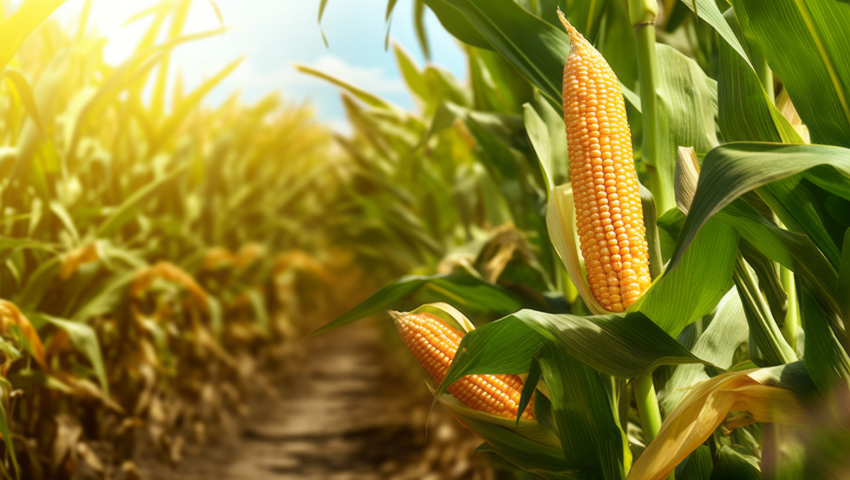PEPSICO and Walmart have announced a 7-year collaboration to pursue $120 million worth of investments focused on supporting U.S. and Canadian farmers in their pursuit to improve soil health and water quality.
By establishing and scaling financial, agronomic and social programs, it aims to enable and accelerate the adoption of regenerative agriculture practices on more than 2 million acres of farmland and deliver approximately 4 million metric tons of greenhouse gas (GHG) emission reductions and removals by 2030 – roughly equivalent to the amount of electricity needed to power 778,300 homes for one year.
Commenting on the voluntary adoption of regenerative agriculture practices, Jeff Huffman, owner and operator of Island Farms LLC in Maxwell, Neb., said, “From my perspective, embracing regenerative agriculture is essential. It’s good for farmers, not only because it’s beneficial to the environment and our food quality, but also for the profitability of our businesses. If you use less fertiliser and you grow a bigger crop, or if you use less water and can still grow the same size of crop, it strengthens your farm in a way that benefits the bottom line and our environment for generations to come.”
PepsiCo’s and Walmart’s businesses are dependent on farmers to grow ingredients that are used to make the delicious products consumers enjoy every day. With a supply chain for the two companies that stretches across North America and involves a large volume of critical crops – including potatoes, oats, corn, wheat, soybeans and rice – sustainability will look different from commodity to commodity, region to region and even farm to farm. The collaboration between PepsiCo and Walmart offers a voluntary, flexible approach to regenerative agriculture that gives farmers a seat at the table, recognizes the diversity of agriculture and that one size does not fit all.
Jim Andrew, Chief Sustainability Officer at PepsiCo, said “Successful sustainability starts and ends with trust. At PepsiCo, we work very hard to earn the trust of the farmer so they understand that we are investing in their legacy, and they can hand their farm down to the next generation. Farmers know their business better than anyone else, and what we hear from them is that for regenerative agriculture to make business sense, three things need to happen. They need economic support, social and cultural support, and agronomic support. This strategic collaboration with Walmart will advance our shared goal to have farmers’ backs as they transform farming in a way that benefits the planet and people.”
Meanwhile in Britain, PepsiCo UK and Ireland have scaled the use of hydro-treated vegetable oil (HVO) – used cooking oil – across their supply chain in a move set to save 2,650 tonnes in GHG emissions annually.
The transport of 240,000 tonnes potatoes each year from British farmers to PepsiCo’s Leicester site is now entirely powered by used cooking oil, in partnership with AB Texel UK.
The move follows PepsiCo’s introduction of the alternative fuel in 2022, for more than one and a half million kilometres of truck journeys moving product between their Quaker Oats mill in Cupar and the Leicester distribution centre. Every kilometre powered by HVO generates 80% fewer GHG emissions when compared with conventional diesel, reducing the impact of these journeys on the planet.
Simon Devaney, Sustainability Director for PepsiCo UK and Ireland, said “We’re always looking for innovative ways to tackle our carbon footprint and the move to HVO for all our potato deliveries to Leicester, the home of Walkers, is a significant step. HVO fuel plays an important role in helping us to accelerate the decarbonisation of our transport activities.”
